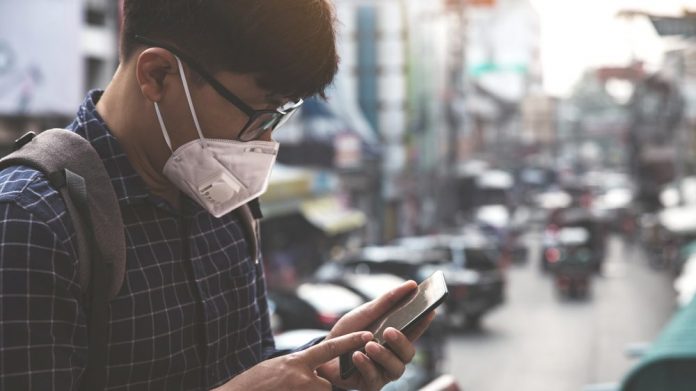Last week in the stock market was nothing short of brutal. We just recorded the worst one week performance since the 2008 crisis. Financial media is all up in arms trying to explain the virus and its impact on the stock market. The why of it is clear – people often need an explanation. Afraid to face reality alone, people turn for guidance, for help.
In returns for clicks, the media is quick to provide an answer to the public’s question, regardless of the fact that sometimes, some questions don’t have an answer.
The reality of the matter is, no one knows how this is going to end. As hard as it may be to accept, it is the truth.
Could the virus cripple China and global trade? Certainly. Is a V shaped recovery in the cards? Possibly. How low can the stock market go? Again, no one knows.
Pretending to know only makes things worse, as you may be tempted to play the market with your newly found conviction. This has always been a blessing and a curse for humanity – finding frail conviction where there shouldn’t be any. It is a true double edged sword – it gives us hope in certain situations, but gets us to ram our head into a wall other times. More often, and especially for investors, the latter happens.
When investing or trading, conviction based on weak arguments always means losses. Accepting that there are questions we cannot answer is an important part of investing, let alone life.
“Are there more drops ahead?”, I was unsurprisingly asked on Twitter this week. If I knew, I probably wouldn’t be writing these lines. I’d be leveraging myself to death and acting on my newfound knowledge. “Honestly, I don’t know” was my answer. “I’m just enjoying the ride”.
But if you read this, I assume you are looking for actionable information. So what’s the optimal course of action for the regular joe? Let’s consider the options.
Our first option is that the coronavirus ends up doing massive damage to Earth’s population. The damage goes beyond the economy to threaten our very existence. Your portfolio won’t matter much then, will it? For this reason, this option isn’t worth considering. If we die, we die.
The second option is a year, or several years, of turbulence and subpar earnings for companies, leading to a bad few years for the stock market. This is a plausible option. As companies go further and further with optimizing for efficiency, the virus could have an impact on fragile supply chains all over the world, from iPhones to medicines.
This option is what many are worried about, including soon to be retirees, and people with money invested that they shouldn’t have been investing. People who will have to cash out soon to finance some other project, be it a new home, medical bills, or a college education. A portfolio succeeds and fails at its creation. Asset allocation is everything, and risk is omnipresent. I apologize if you fall under this category, and recommend a risk assessment as soon as possible to understand how to protect your capital according to your needs.
This option is of no concern to investors with a long term investment horizon. If humanity gets over the virus, odds are that the economy and the stock market will slowly go back to what they were. Yes, we may see a few years of underperformance, but what’s a few years when you aren’t slated to retire in the next 30 years? If you recognize yourself in this lines, this virus does not change your plans. Keep calm and continue investing. The US stock market has never had a negative 30 year investment period, and odds are, it isn’t going to happen now.
Finally, our last option is that the market overreacted this week. As I mentioned earlier, no one knows where this virus is headed or how it’ll develop. Not even Wall Street’s algorithms who pushed the market down this week. It may be that in a month, as the temperatures rise, the virus disappears. In that case, there is nothing to fear – the stock market will promptly realize it’s mistake and the highs will be back in no time. You’ll feel stupid for being worried if thats the case, but who can blame you? No one likes to see his portfolio down 20%, even if it’s a natural part of the game.
Uncertainty is a natural part of life. While the Coronavirus wasn’t necessarily expected, a 10%, 20% or even 40% drop in the stock market was always just a matter of time. Preparation and understanding the purpose and risks of your portfolio is much more important than obsessing about the reason for the latest drop.
If you were caught unprepared for this drop, use it as an expensive lesson. Preparation is more important than price action.
Those who built their portfolio with the possibility of a 40% drop in mind should relax, crack open a beer, continue buying as the plan dictates, and maybe buy a mask or two. If we outlast the virus, we’ll all be richer for it. If we die, well, we die.



